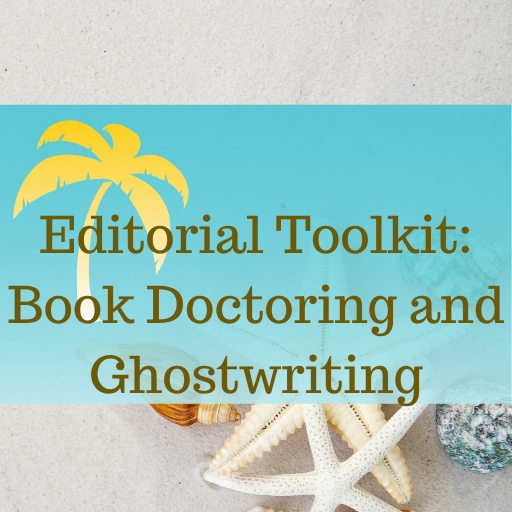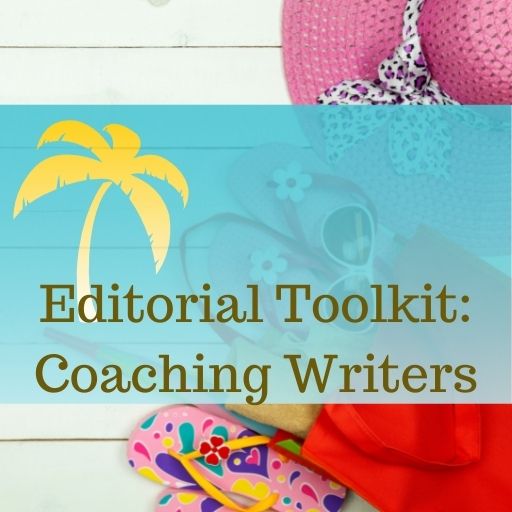Excuse-Busting Marketing
My excuse-busting marketing method has been highly successful in helping potential author clients decide whether to get their books edited and published.
Excuse-Busting Marketing: How to Help Authors Get Ready for Editing
If you’ve hung around here for a while, you know that I’m a big fan of finding clients who already know they want to work with an editor but just aren’t sure which one. This makes turning them into clients so much easier! All you have to do is show why you’re the one.
If a writer is convinced they can go on to fame and fortune without hiring a developmental editor, I won’t waste my precious life trying to convince them otherwise. Maybe they will go on to fame and fortune without me. How do I know?
But I do sometimes get clients who are on the fence, just by busting their excuses. Or, in sales-speak, “overcoming objections.” But unlike a used car salesman, I’m looking for objections that are not about the service I’m offering (a common objection in this vein is, “I can’t afford it”).
Instead, I’m talking about addressing the challenges authors routinely have in their writing lives. I bust their excuses (so to speak) by showing how I can help them solve those problems.
You can also use excuse-busting to get more clients.
Here’s an example: “I don’t have time to write.”
It’s a very common frustration among writers. But instead of nodding and saying, “Yeah, too bad. Let me know when you do find time to finish that draft, and I’ll edit it for you,” you could help them solve this problem.
- You could say, “I’ll write it for you.”
- You could say, “I’ll be your accountability partner.”
- You could say, “I’ll coach you in using your time more effectively.”
These aren’t, strictly speaking, editing jobs, but they are jobs that many editors can do well. Once you’ve helped the author bust their excuses (and – this is key – have gotten paid for it!), you might also be able to do an edit on their project since your efforts have now helped them finish it.
Even if not, you’ve at least earned some bucks and sharpened your skills.
Tips for Editors & Writers
-
Protecting Your Boundaries with Clients
Along with teaching at Club Ed, I freelance as an editor for publishing companies. And this time of year always comes with a crunch of deadlines as companies try to wrap up projects before the end of the year. And it reminds me of the perennial problem of keeping boundaries as a freelancer. I wanted…
-
Learning How to Edit
I’m learning how to speak Spanish, and sometimes I get discouraged because it takes a while. (This is not unlike learning any important skill). One of the most helpful bits of perspective-taking I do is to consider whether I encounter the same problems when speaking in English. For example, people often interrupt me to finish…
Join the Club!
New to story editing? Begin at the beginning.





